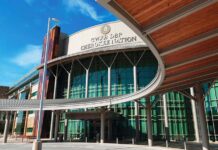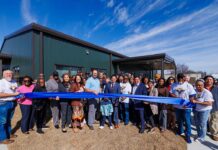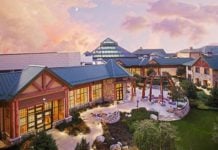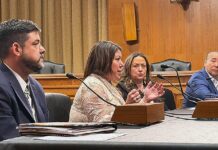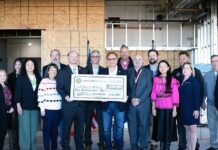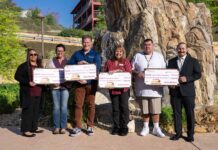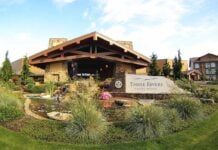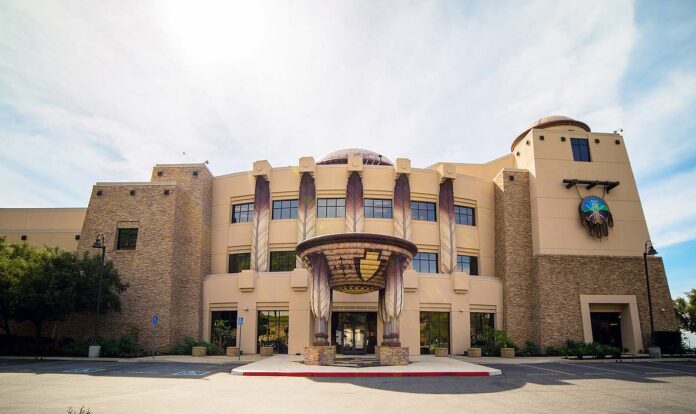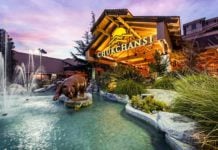HIGHLAND, CA – The San Manuel Band of Mission Indians recently announced the reclamation of their ancestral name, Yuhaaviatam (pronounced “yu-HAH-vee-ah-tahm”) of San Manuel Nation. This return to the tribe’s original name follows the adoption of the tribe’s new constitution.
Before the arrival of European settlers, the tribe was known as the Yuhaaviatam Clan of the Maara’yam. Yuhaaviatam means “People of the Pines,” reflecting the deep connection to the land, the natural world, and the enduring spirit of their ancestors. San Manuel Band of Mission Indians was a name given to the tribe by the U.S. government in 1891 and reflects the Spanish Mission and U.S. colonization periods that yielded a long history of dispossession, trauma, and genocide, as well as confinement to restricted, isolated, and unproductive lands.
“A name is more than just a title or label – it is a proud connection to our identity, our history and our traditions,” said Lynn Valbuena, Chairwoman of the Yuhaaviatam of San Manuel Nation Tribal Council. “The name Yuhaaviatam of San Manuel Nation is not only how our nation will be known, but a symbol of the enduring legacy passed down through generations. This name is rooted in our spoken language, deeply embedded in our heritage, and carries the wisdom and resilience of our ancestors.”
As the tribe reclaims its Creator-bestowed name – a name they have known since their creation – they honor their history and pay tribute to those who came before, whose strength and sacrifices have allowed them to continue their existence and growth.
Yuhaaviatam of San Manuel Nation began more broadly sharing the Maara’yam language with the world when they reintroduced their flagship property, Yaamava’ Resort & Casino at San Manuel in 2021. Yaamava’ is the Serrano word for the spring season. This decision marked a significant step in promoting awareness of the language, culture and heritage of their people.
As they move forward, the tribe remains committed to honoring the legacy of their ancestors, embracing their traditions, and ensuring the continuation of their culture and language for future generations.





